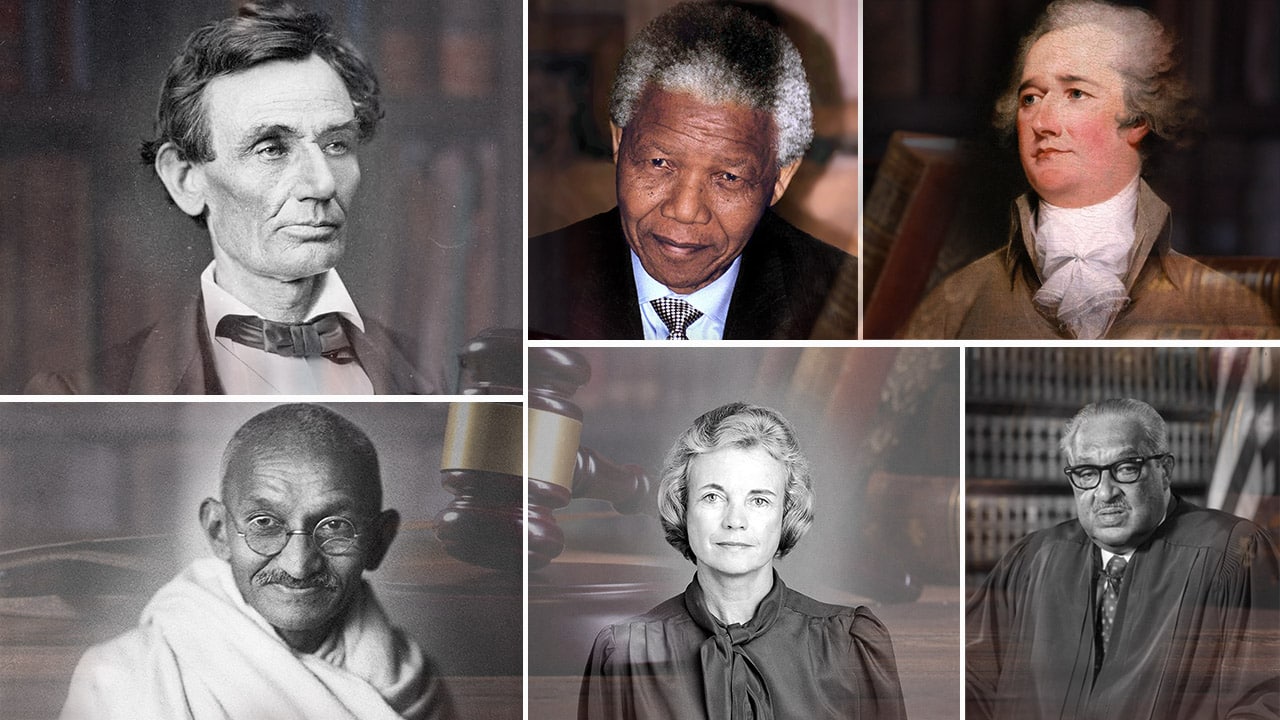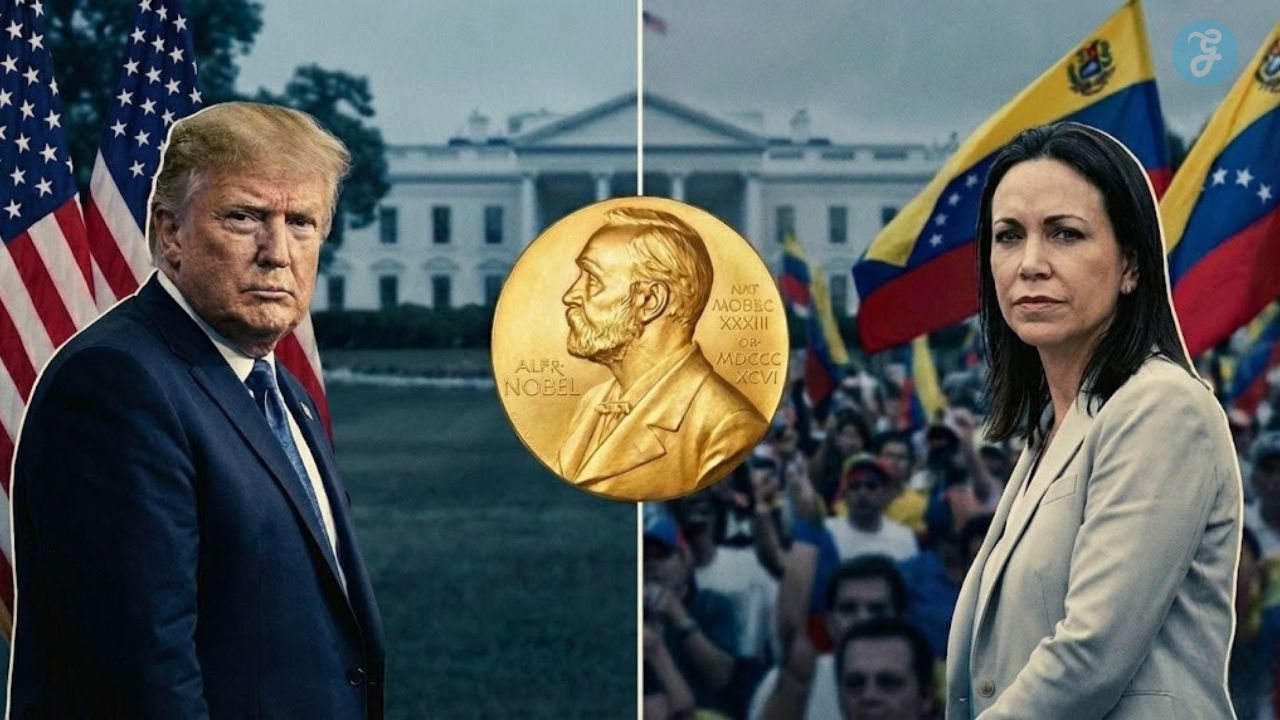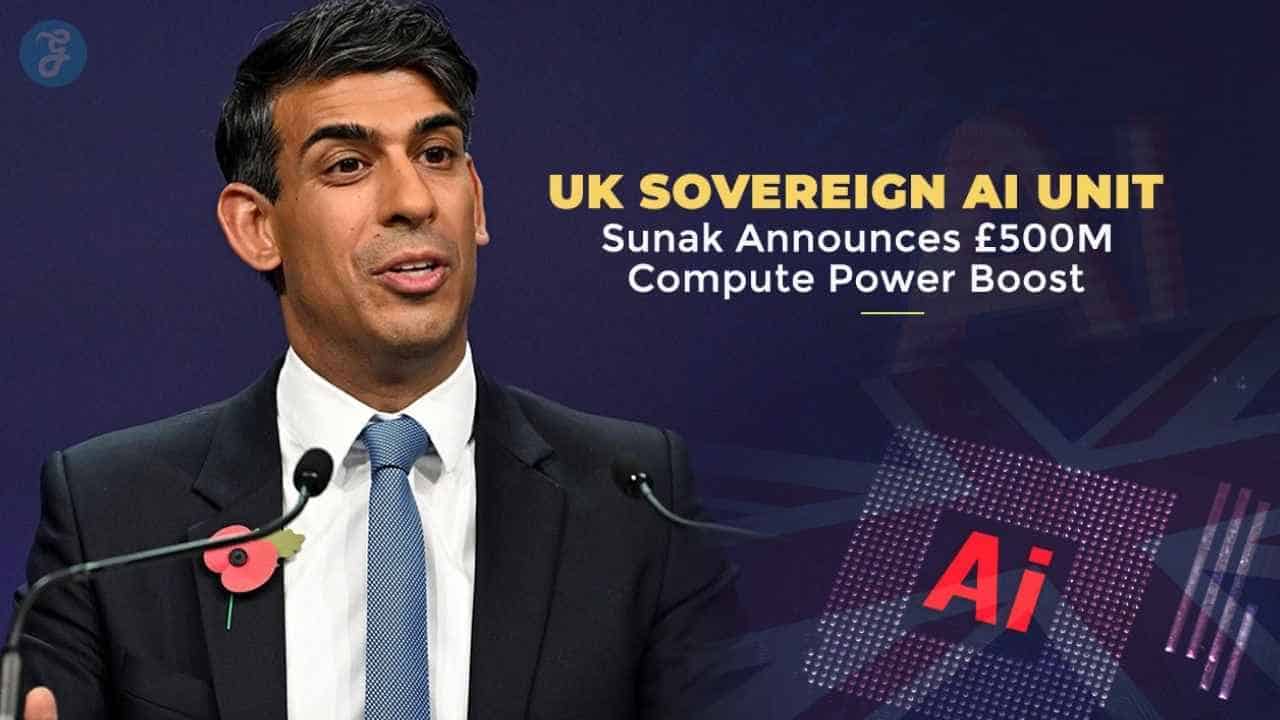Many famous people have unexpected career paths. Some well-known figures started in law before finding success in other fields. Others turned to law later in life. These 15 famous lawyers show how chance can shape a career.
You might be surprised to learn about celebrities who studied law. Their legal backgrounds often helped them in surprising ways.
From politicians to actors, many famous people have law degrees they never planned to use.
1. Gerard Butler
Did you know Gerard Butler almost became a lawyer? This Scottish actor’s path to Hollywood stardom took an unexpected turn.
Butler studied law at the University of Glasgow. He even worked as a trainee lawyer for a while. But his heart wasn’t in it.
You might be surprised to learn he missed a lot of work. In fact, Butler was fired from his trainee position. He holds the dubious honor of being the first Scottish trainee lawyer to get fired in two years.
This setback turned out to be a blessing in disguise. It pushed Butler to pursue his true passion – acting. He moved to London and started auditioning for roles.
His big break came with the movie “300” where he played King Leonidas. This role catapulted him to fame. Since then, he’s starred in many action movies and romantic comedies.
Butler’s story shows how life can take unexpected turns. Sometimes, what seems like a failure can lead to success in a completely different field.
2. Andrea Bocelli
Andrea Bocelli is a world-famous Italian tenor. But did you know he also has a law degree? Bocelli studied law at the University of Pisa in Italy.
As a young man, Bocelli played piano in bars to make extra money. He finished his law degree and even worked as a court-appointed lawyer for a year.
Music was always Bocelli’s true passion. In 1994, he got his big break in the music industry. He won a singing competition at the Sanremo Music Festival in Italy.
Since then, Bocelli has recorded many albums. He sings both pop and classical music. His powerful voice has touched millions of fans around the world.
Bocelli’s law degree shows his diverse talents. While he didn’t pursue a long legal career, his education likely helped him navigate the music business.
3. Rebel Wilson
You might know Rebel Wilson as the hilarious actress from “Pitch Perfect” and “Bridesmaids.” But did you know she has a law degree?
Wilson studied law at the University of New South Wales in Australia. She graduated in 2009 with both a Bachelor of Arts and Bachelor of Laws.
Her path to acting wasn’t straightforward. Wilson actually planned to be a lawyer at first. She excelled in mathematics and was a good student.
But fate had other plans. During a gap year in South Africa, Wilson got malaria. While recovering, she had hallucinations of winning an Oscar.
This experience changed her life. Wilson decided to pursue acting instead of law. She enrolled in acting school and moved to the United States.
Her legal background still comes in handy. Wilson has said it helps her understand contracts and negotiations in the entertainment industry.
Today, Wilson is a successful actress and producer. She’s proof that a law degree can lead to unexpected places. You never know where your education might take you!
4. John Cleese
You might know John Cleese as a comedy legend. But did you know he almost became a lawyer? Cleese studied law at Cambridge University in the 1960s.
At Cambridge, Cleese joined the Footlights drama club. This changed his path. He met other future comedians there, like Graham Chapman.
After graduating, Cleese didn’t practice law. Instead, he chose comedy. He helped create Monty Python, a famous British comedy group.
Cleese’s law background sometimes shows up in his work. In Monty Python, he often played authority figures like judges.
His legal training may have helped his comedy writing too. Cleese is known for his sharp wit and clever wordplay.
Even though he didn’t become a lawyer, Cleese’s law studies weren’t wasted. They gave him skills he used throughout his comedy career.
Cleese’s story shows that your education can lead you in unexpected directions. Sometimes, the path you start on isn’t the one you end up following.
5. Jerry Springer
You might know Jerry Springer as the host of his wild talk show, but did you know he’s also a lawyer? That’s right, Springer got his law degree from Northwestern University in 1968.
After graduating, Springer worked as an attorney for a while. He even used his legal skills in politics. In 1977, he became the mayor of Cincinnati for a one-year term.
Springer’s path to law wasn’t planned. He actually studied political science in college. But he decided to pursue law as a way to make a difference in society.
His legal background helped him in unexpected ways. It came in handy when he negotiated contracts for his TV show. It also gave him credibility when he tackled tough issues on air.
Even though Springer’s most famous for his TV antics, his law degree played a big part in shaping his career. It just goes to show that a legal education can lead you down some surprising paths.
6. Lynn Toler
Lynn Toler became a lawyer and judge by chance. She was born in 1959 and grew up in Columbus, Ohio. As a young woman, Toler didn’t plan on a legal career.
You might know Toler from TV. She was the star of “Divorce Court” for 14 years. But her path to the courtroom wasn’t straightforward.
Toler faced personal struggles before becoming a lawyer. She had to overcome emotional challenges. These experiences shaped her future career.
She went to Harvard for college. Then she got her law degree from the University of Pennsylvania. After that, Toler worked as a lawyer and later became a judge.
Toler’s unique background helps her on TV. She uses her life lessons to give advice on “Divorce Court.” Her mix of legal knowledge and personal insight makes her stand out.
Today, Toler is known for her TV work and books. She wrote about emotional intelligence and shares her wisdom with others. Her chance journey into law led to an unexpected and successful career.
7. Henrietta Edwards
Henrietta Edwards wasn’t planning to become a lawyer. Born in 1849 in Montreal, she came from a well-off family that cared about religion and culture.
As a young woman, Edwards started a group to help working girls. She gave them meals, places to read, and classes to study. This showed her passion for helping others from an early age.
Edwards moved to what would become Saskatchewan after getting married. There, she kept working to improve women’s rights. She believed women should have the same chances as men.
You might wonder how Edwards ended up involved with the law. It started with her fight for women to be seen as “persons” under Canadian law. At the time, women couldn’t hold certain jobs or positions because of this rule.
Edwards joined forces with four other women. Together, they challenged this unfair law all the way to Canada’s highest court. Their case became famous, known as the “Persons Case.”
Though not a lawyer by training, Edwards’ work on this case was crucial. It changed Canadian law and opened up new chances for women. Her efforts show how anyone can make a big impact on the legal system, even without formal law training.
8. Annalise Keating, “How to Get Away with Murder”
Annalise Keating is a famous lawyer from the TV show “How to Get Away with Murder.” Viola Davis, who won an Emmy for the role, plays her.
Keating is a tough defense attorney and law professor. She teaches her students how to win cases, even if it means bending the rules. Her class is called “How to Get Away with Murder.”
You might think Keating always wanted to be a lawyer. But that’s not true. She became one by chance. As a young woman, she faced many challenges and hardships.
Keating changed her name from Anna Mae to Annalise. She did this to fit in better at law school. This shows how she had to adapt to succeed in the legal world.
In the show, you see Keating’s two sides. She’s a strong, confident lawyer in public. But in private, she struggles with personal issues. This makes her character more real and interesting.
Keating’s story teaches you that people can become great lawyers even if they don’t plan to. Her journey shows how life can take unexpected turns. It also highlights the challenges faced by women and minorities in the legal field.
9. Mahatma Gandhi
You might know Mahatma Gandhi as a great leader, but did you know he started as a lawyer? Gandhi didn’t plan on becoming a lawyer at first. He was a shy young man who struggled in school.
Gandhi’s family pushed him to study law in England. He wasn’t sure about it, but he went anyway. In 1891, he passed the bar exam and became a barrister.
As a new lawyer, Gandhi faced many challenges. He was too nervous to speak in court at first. But he didn’t give up. He kept working hard and got better over time.
Gandhi’s legal career took him to South Africa. There, he saw unfair treatment of Indian people. This experience changed him. He started using his legal skills to fight for justice and equality.
Gandhi’s work as a lawyer taught him important skills. He learned how to argue his points clearly. He also learned about different legal systems. These skills helped him later as a leader.
Even though Gandhi became famous for other things, his legal background was important. It shaped his ideas about justice and nonviolent protest. Without his law experience, he might not have become the leader we know today.
10. Thurgood Marshall
Thurgood Marshall became a lawyer by chance, but his impact on civil rights was no accident. Born in 1908 in Baltimore, Marshall initially wanted to be a dentist.
You might wonder how he ended up in law. It was during his time at Lincoln University that Marshall’s path changed. He got into debates with his classmates and professors, showing a natural talent for argument.
Marshall’s professors encouraged him to consider law school. This advice led him to Howard University School of Law, where he graduated first in his class in 1933.
As a lawyer, Marshall fought against racial segregation. He won 29 out of 32 cases he argued before the Supreme Court. His most famous case was Brown v. Board of Education in 1954.
Marshall’s success as a civil rights lawyer led to his appointment as the first African American Supreme Court Justice in 1967. He served on the court for 24 years, continuing to fight for equality and justice.
Marshall’s chance decision to pursue law changed the course of American history. His work helped end legal segregation and advanced civil rights for all Americans.
11. Nelson Mandela
Nelson Mandela became a lawyer almost by chance. As a young man in South Africa, he faced limited career options due to racial discrimination. Law seemed like a path to make a difference.
You might be surprised to learn Mandela was one of South Africa’s first black lawyers. He studied law at the University of Witwatersrand, where he was the only black student in his class.
In 1952, Mandela and Oliver Tambo opened South Africa’s first black-run law firm. They provided legal aid to many who couldn’t afford it otherwise.
Mandela’s legal background shaped his approach to fighting apartheid. He used his skills to challenge unjust laws and defend political prisoners.
Even while imprisoned for 27 years, Mandela continued studying law. He earned a Bachelor of Laws degree through correspondence courses from the University of London.
After his release, Mandela’s legal expertise helped him lead negotiations to end apartheid. He became South Africa’s first democratically elected president in 1994.
Mandela’s journey from lawyer to world leader shows how a legal career can lead to unexpected places. His story inspires many to use the law as a tool for positive change.
12. Ruth Bader Ginsburg
Ruth Bader Ginsburg became a lawyer almost by chance. Her journey started when she enrolled at Harvard Law School in 1956. At the time, she was one of only nine women in a class of over 500 students.
Ginsburg’s path to law wasn’t straightforward. She initially planned to study literature in college. But a professor encouraged her to pursue law instead. This suggestion changed the course of her life.
Despite facing gender discrimination, Ginsburg excelled in her studies. She transferred to Columbia Law School and graduated top of her class in 1959. Yet, she struggled to find work as a lawyer due to widespread bias against women in the legal profession.
Undeterred, Ginsburg turned to teaching law. She became a professor at Rutgers Law School in 1963. This role allowed her to focus on gender discrimination cases, which sparked her passion for women’s rights.
In 1972, Ginsburg co-founded the Women’s Rights Project at the ACLU. She argued several landmark cases before the Supreme Court, fighting for gender equality. Her work paved the way for significant legal changes.
Ginsburg’s unexpected legal career led her to the highest court in the land. In 1993, she was appointed to the Supreme Court, becoming only the second woman to serve as a justice. She remained on the bench until her death in 2020, leaving a lasting impact on American law.
13. Barack Obama
Barack Obama became a lawyer before his rise to political stardom. You might know him as the 44th President of the United States, but his legal career started much earlier.
Obama studied at Harvard Law School. There, he made history as the first Black president of the Harvard Law Review in 1990. This achievement put him in the national spotlight.
After graduating, Obama worked as a civil rights attorney in Chicago. He also taught constitutional law at the University of Chicago Law School for 12 years.
Obama’s legal background shaped his political career. It gave him skills in public speaking, critical thinking, and understanding complex issues. These talents helped him as he moved into politics.
His time as a lawyer was brief but impactful. Obama used his legal knowledge to fight for community rights and social justice. This work laid the foundation for his future in public service.
Obama’s path from lawyer to president shows how legal training can open unexpected doors. His story inspires many aspiring lawyers to dream big and pursue their goals.
14. Clarence Darrow
Clarence Darrow became a lawyer almost by chance. You might know him as a famous attorney, but his path to law wasn’t straightforward.
Born in 1857 in Ohio, Darrow didn’t start out planning to be a lawyer. He worked as a farm hand at first. But he soon realized farm work wasn’t for him.
Darrow went to college for a bit. He studied at Allegheny College for a year. Then he spent a year at the University of Michigan law school.
His education wasn’t very long or impressive. But it was enough to spark his interest in law. Darrow started studying law on his own at night.
Soon, he became a partner with Governor Altgeld. This partnership helped launch his career. Darrow quickly made a name for himself as a defense lawyer.
His first big case was defending a young man named Prendergast. This case put Darrow in the spotlight. From there, his fame only grew.
Darrow became known for taking on dramatic criminal trials. He defended clients in cases that caught public attention. His work earned him a place in American legal history.
You might have heard of some of Darrow’s famous cases. He was known for standing up against big business and big government. His courtroom battles often turned into public spectacles.
Darrow was tall and handsome. When he walked into a courtroom, people would stop and stare. He had a powerful presence that drew attention.
15. Robert D. Grey
Robert D. Grey became a lawyer by chance. You might know him as a successful attorney, but his path to law was unexpected.
Grey originally planned to be a teacher. He studied education in college and even taught for a few years. But fate had other ideas.
A friend suggested Grey take the LSAT “just for fun.” To his surprise, he scored very well. This led him to consider law school as an option.
Grey applied to law school on a whim and got accepted. He found he enjoyed the legal studies more than he expected. His teaching background proved helpful in understanding complex legal concepts.
After graduating, Grey worked at a small firm. He quickly rose through the ranks due to his strong communication skills. His ability to explain legal matters clearly to clients set him apart.
Grey later opened his own practice. He specialized in education law, combining his two passions. His unique background allowed him to bridge the gap between educators and the legal system.
Today, Grey is known for his work in improving school policies. He often speaks at conferences about the intersection of education and law. His accidental career change led to a fulfilling and impactful legal career.
The Unusual Path to Law
Some famous people took surprising turns in their careers, ending up as lawyers. These unexpected legal journeys reveal interesting stories and motivations.
From Fame to the Courtroom
You might be surprised to learn that Ozzie Nelson, star of “The Adventures of Ozzie and Harriet,” got a law degree from Rutgers in 1930. This knowledge helped him in show business negotiations.
John Cleese, known for Monty Python, studied law at the University of Cambridge. Ben Stein, famous for his role in “Ferris Bueller’s Day Off,” went to Yale Law School.
Rebel Wilson finished law school in Australia before becoming an actress. She was a top student but never practiced law.
Reasons Behind the Career Switch
You might wonder why these celebrities chose law. For some, it was a backup plan. Others saw it as a way to protect their interests in the entertainment world.
Some famous lawyers started in other fields before finding their calling in law. Abraham Lincoln became a lawyer in 1836 after taking the Illinois bar exam.
For others, law was a stepping stone to politics. John Jay, the first Chief Justice of the Supreme Court, used his legal background in government roles.
Challenges Faced
Famous lawyers who entered the profession by chance often encountered unique hurdles. They had to adapt quickly and prove themselves in a field they hadn’t originally planned to join.
Adapting to Legal Education
Many accidental lawyers struggled with legal jargon and complex concepts at first. You might be surprised to learn that even Ruth Bader Ginsburg found law school challenging initially. She had to juggle caring for her young daughter while studying.
Some faced financial pressures too. They had to work part-time jobs to pay for their education. This left less time for studying and networking.
Learning to “think like a lawyer” was a big shift. It required developing new analytical skills and ways of arguing. For those who didn’t plan on law school, this mental switch could be jarring.
Overcoming Public Stereotypes
You might not know that lawyers-by-chance often faced skepticism from others. People questioned their commitment and abilities.
They had to work extra hard to prove themselves. This meant longer hours and taking on tough cases to show their skills.
Some faced bias due to their backgrounds. Coming from different fields, they brought fresh perspectives. But not everyone welcomed this at first.
Building a client base was tricky too. Without family connections in law, they had to network from scratch. This took time and persistence.
Public speaking was a common fear to overcome. Courtroom appearances and client meetings pushed many out of their comfort zones.
Final Thoughts
The stories of these 15 famous individuals who became lawyers by chance serve as a fascinating reminder of life’s unpredictability and the diverse paths that can lead to a legal career.
From actors and musicians to political leaders and activists, these unexpected lawyers demonstrate that success in the legal field isn’t always about following a predetermined path.
These stories highlight several important lessons. First, they show that a legal education can be a valuable asset in various careers, providing critical thinking skills, knowledge of rights and regulations, and the ability to navigate complex systems.
Second, they illustrate that passion, determination, and adaptability can often be more important than initial career plans.





































